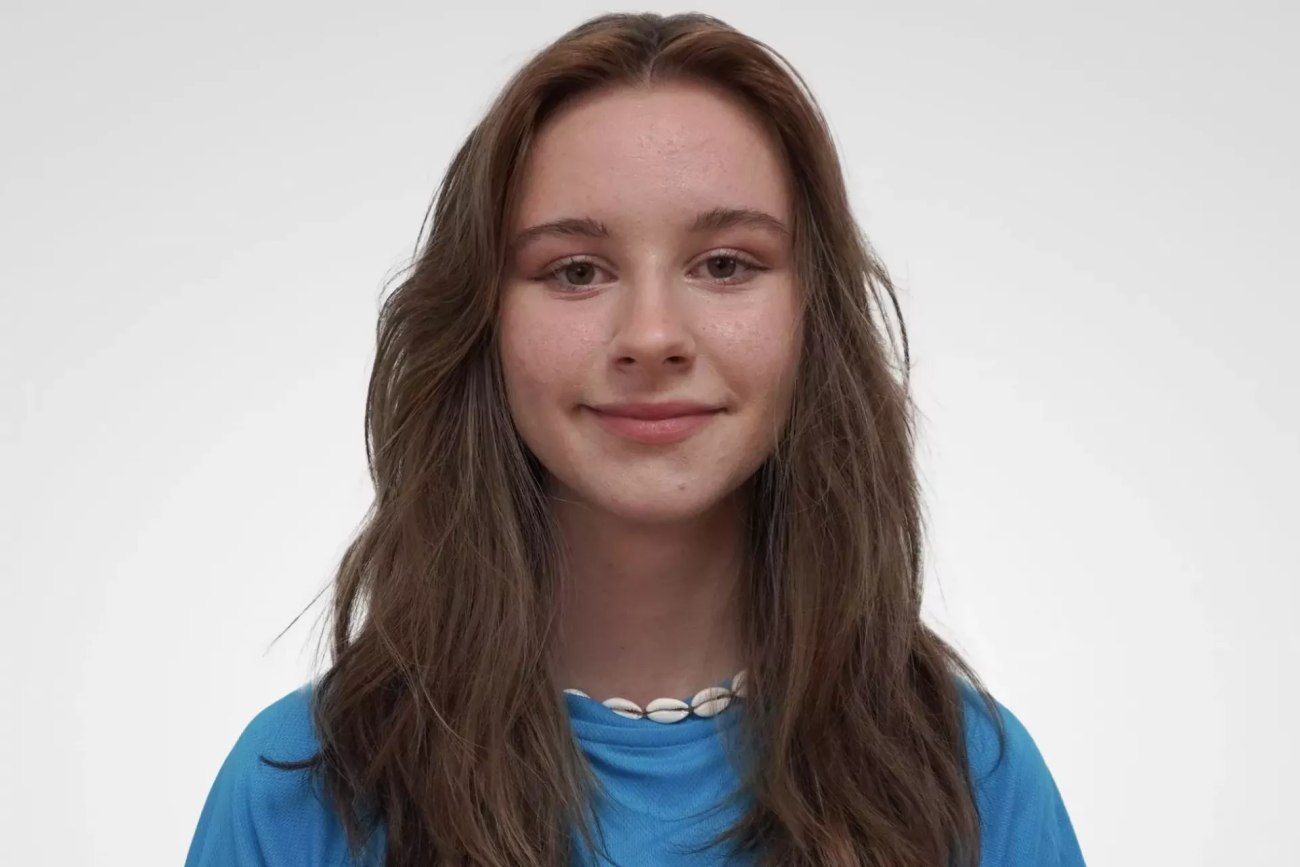Empowering Moldovan Youth: Anastasia's Journey to Break STEM Barriers and Foster Gender Equality

Anastasia, a UNICEF youth ambassador, is prepared to share her experience of studying STEM in Luxembourg with her peers in Moldova.
"Even if people are putting you down or telling you not to, I believe that's even more reason to try. Just because you don't see any opportunities doesn't mean they don't exist." This statement is signed by Anastasia, an 18-year-old girl from Chisinau, Moldova, who studies in Luxembourg and advocates for children and youth rights as a UNICEF youth ambassador. Driven by her ambition to become an engineer, she aims to inspire and support Moldovan youth, particularly girls, who may feel deterred from pursuing STEM careers due to societal stereotypes or a lack of information and courage.
The pure desire to make a positive change in society began nearly six years ago when Anastasia moved with her parents to Luxembourg and integrated into the educational system there. Witnessing vast disparities between the educational systems in Moldova and Luxembourg, particularly in STEM fields, Anastasia engaged in various internships in her new homeland, uncovering insights into gender inequality and acquiring valuable skills to inspire and assist her peers from Moldova.
”If I embark on a meaningful STEM project, I would like to implement it in Moldova to make my country a better place. UNICEF is a bridge that connects my community in Luxembourg and Moldova and gives me opportunities to speak my mind.” Anastasia
"Encouraging girls in Moldova to enter STEM fields is crucial, especially since they choose STEM less than boys do. This has to do with societal standards and the expectations that come from girls, especially in rural areas. Breaking down stereotypes and talking about it more openly, not pushing people to do anything, but informing them about the possibilities within STEM is one of the solutions."
Anastasia's journey with UNICEF began in August 2023, during which she participated in various UNICEF initiatives focusing on youth development and delved deeper into the differences in curriculums and teaching styles and examined how these factors perpetuate certain stereotypes, including gender equality. "For me, UNICEF is a bridge that connects my communities in Luxembourg and in Moldova, and gives me a platform to speak my mind. UNICEF supports me in achieving my goal of contributing to my community, since they have experience in supporting young people”
Her first step in aiding Moldovan youth is to develop a project providing valuable information about national and international opportunities in STEM fields. "There are free online courses, like Harvard or MIT courses on EdX or Coursera, that give you a strong base in a certain subject. I would also like to let youth know that STEM is directly connected with humanities. Law firms are looking for engineers and people with a background in science. Margaret Thatcher studied chemistry, and she ended up being a politician. For instance, I became interested in biomedical engineering because I contemplated being a doctor. I realized that I could indirectly help many people by building prosthetics or improving laparoscopic surgeries," shares Anastasia. "STEM offers endless career possibilities, some of which we don't even know about yet. I would also like to inform young Moldovans that they could implement their future projects in Moldova. For example, Moldova has ca. 190 sunny days out of 365 days. If we could make solar panels more efficient and cheaper, they could be installed nationwide."
According to the UNICEF youth ambassador, the active participation of young people is crucial for developing the education system, and to achieve beautiful results in this regard, students and teachers must become a team within and outside the classroom. "If you're interested in a topic then you should never be scared to find out more. You can contact an engineer and talk to them, or a professor at a university, even if you don't go to that university, and ask them about opportunities, because they're going to know more than you, and they are able to give you some amazing insights. I encourage all children and young people to look for these opportunities, or make their own, such as by starting a science club at school, entering competitions, hackathons or olympiads. They can try out STEAM on Wheels and Girls Go IT projects in Moldova, because networking also gives rise to new opportunities," says Anastasia.
UNICEF and its partners support the development of young people, especially those from disadvantaged backgrounds, by ensuring equal opportunities for boys and girls in STEAM education, which dictates the future of the new generation. In Moldova, UNICEF in partnership with the Ministry of Education and Research and TEKEDU developed the GirlsGoIT programme. Girls aged 14 to 20 from all regions of the country participate in educational activities related to information technologies and artificial intelligence. Since 2015, the GirlsGoIT programme has supported more than 1,800 beneficiaries from 28 districts in Moldova. In 2022, to complement the GirlsGoIT programme, UNICEF and partners launched the STEAM on Wheels project to support more children in rural areas. This is the first educational laboratory on wheels in Moldova, a bus equipped with robotics sets and laptops. The mobile lab travels all over the country and organizes workshops for girls and boys, including from refugee centres. To date, more than 14,000 children and youths from all regions in Moldova, inclusiv from Transnistrian region, have participated in these activities.



